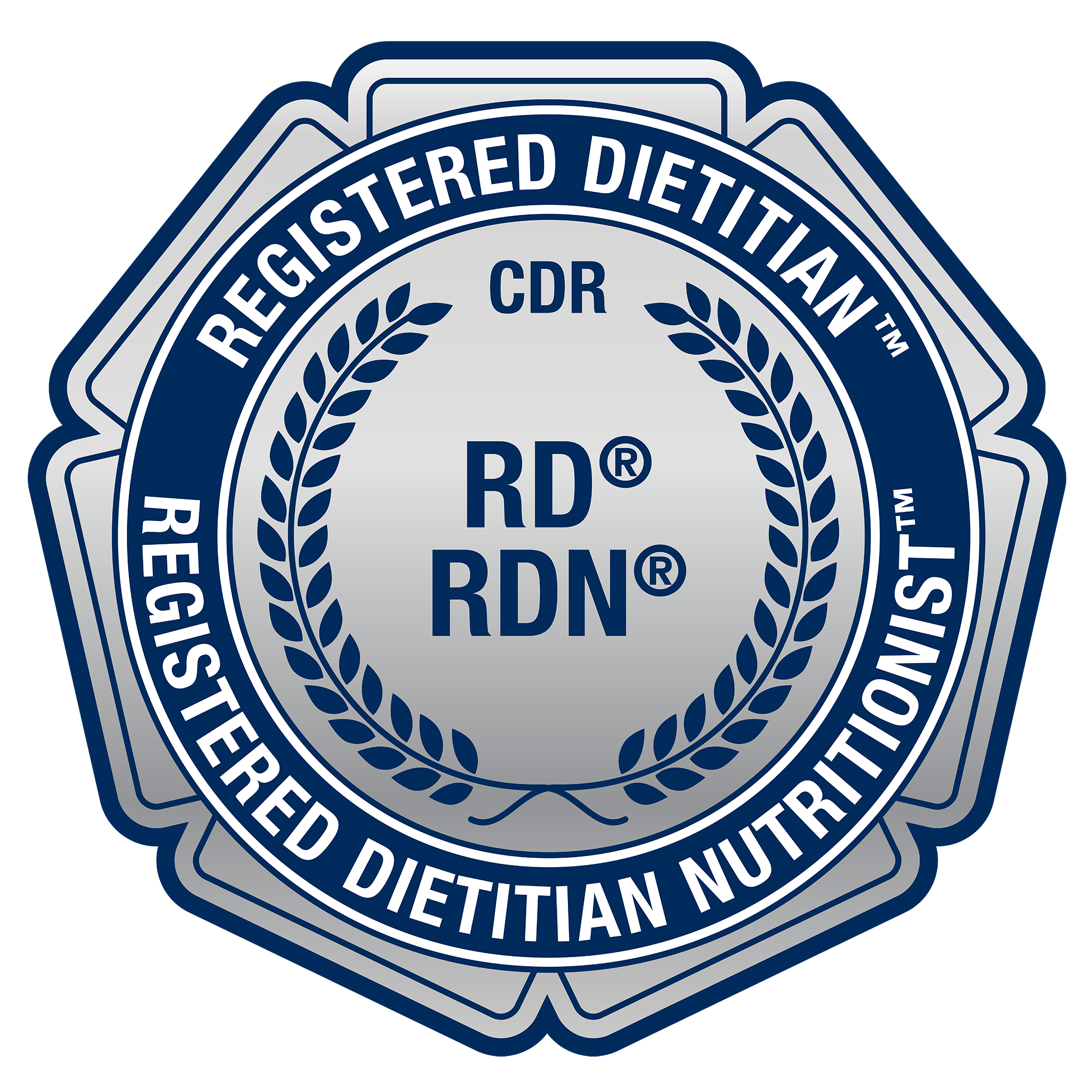Nationwide Teleconsulting • Sports Nutrition E-Programs


Dietitian vs. Nutritionist
What is the difference between a dietitian and nutritionist?
Often when seeking out professional advice you may question, “What is the difference is between a dietitian and a nutritionist?” The difference lies in the depth, scope, length, and type of education, as well as credentialing. The term nutritionist is not regulated, so anyone can call himself or herself a nutritionist, even without ever having any formal certification or education.
 A Dietitian/Nutritionist, now designated by the credential R.D.N. has met specific academic and credentialing requirements and is a legally protected title. While all dietitians are nutritionists, not all nutritionists are registered dietitians.
A Dietitian/Nutritionist, now designated by the credential R.D.N. has met specific academic and credentialing requirements and is a legally protected title. While all dietitians are nutritionists, not all nutritionists are registered dietitians.
Education requirements
First, RDNs obtain a four year college degree from an accredited university that includes course work in chemistry, biochemistry, microbiology, physiology, food science, sociology, and of course food and nutrition sciences. Then RDN’s also complete a 1200 hour supervised internship. They also must pass a comprehensive national exam, and to remain registered and licensed in their state, complete ongoing continuing education. RDNs also follow a professional code of ethics, including HIPAA guidelines for patient /client privacy.
There are vast differences among non-RDN or “nutritionist” certifications. Many don’t require a nutrition degree and can be completed in less than a year on-line, or certify allied health care professionals with limited nutrition training.
Areas of specialization
Most RDNs work in the treatment and prevention of disease as well as in wellness and performance nutrition. They can collaborate with your physician if needed, and also with other health care professionals such as psychologists and physical therapists.
It is important to find an RDN who specializes in the areas in which you are seeking assistance. Many RDNs have a very holistic and organic approach to food and nutrition, combining western and integrative nutrition strategies, and are likely members of Dietitians in Integrative and Functional Medicine Dietetic Practice Group.
Coaches are not RDNs
Formal education and credentialing are important, as there are more nutrition enthusiasts than ever before who provide advice that may be inappropriate, not effective, or even dangerous for another person. Health Coaches, Health Counselors, Nutrition Coaches, and Holistic Wellness Providers are not RDNs and not Licensed Dietitians/Nutritionists.
There is not a lot of monitoring in place and “nutritionists” practicing without a license are rarely “ticketed.” Nutrition is a specialized science and qualifications matter, as the RDN can distinguish popular fads, trends and misinformation from facts.